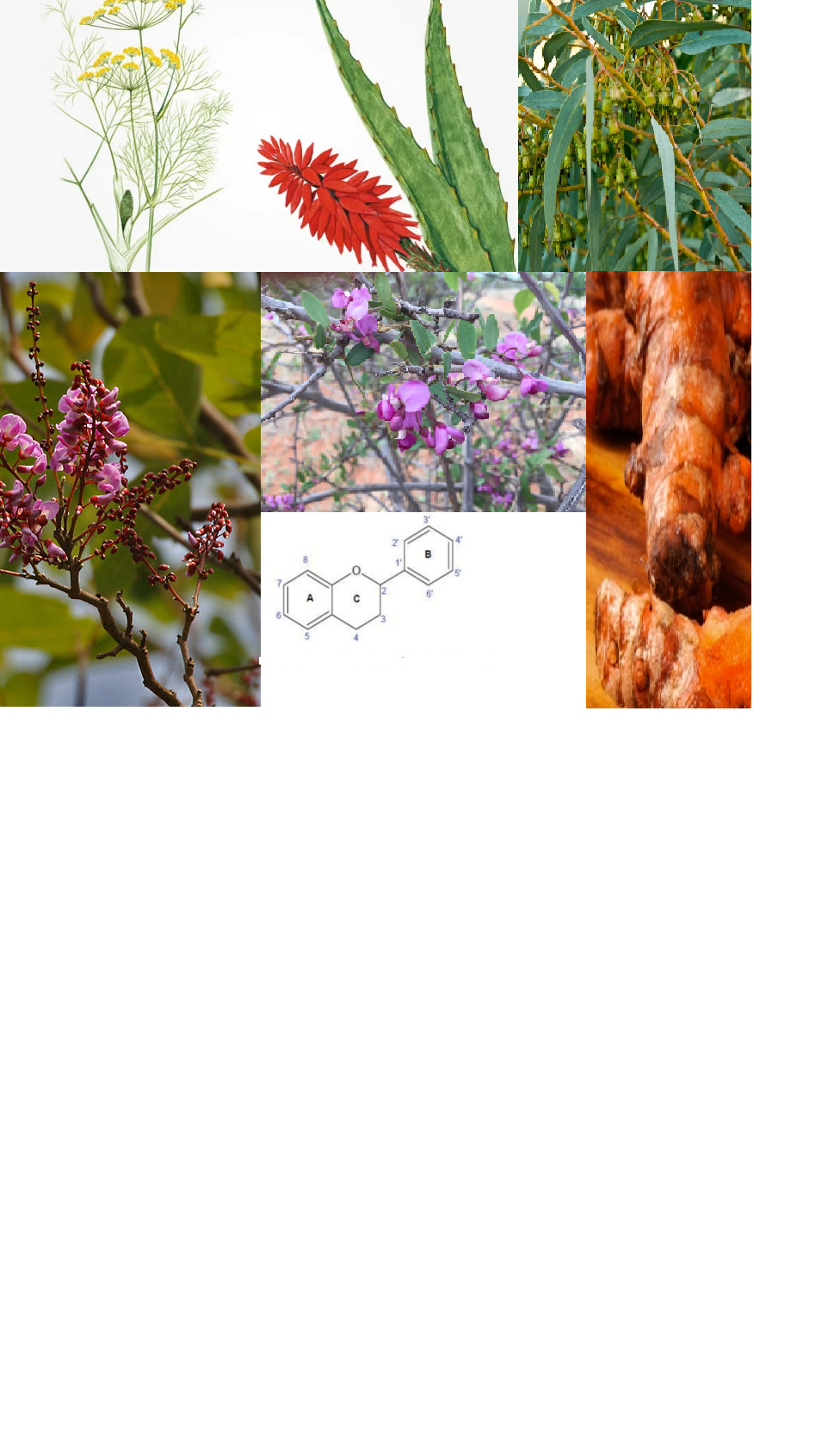Phytochemical analysis and antibacterial activity of extracts of securidaca longepedunculata
Abstract
Securidaca longepedunculata is a plant used by the Mozambican population to treat bacterial diseases. In this context, the present work carried out a phytochemical study and antibacterial activity of extracts from roots and leaves. The extracts were obtained by hydroethanolic maceration and water. Qualitative phytochemical tests were performed using specific reagents for each secondary metabolite. Quantitative phytochemical analysis was performed by UV/VIS spectrophotometer, where alkaloids were analyzed at 366 nm, flavonoids at 415 nm and tannins at 500 nm. The antibacterial activity was evaluated with Escherichia coli and Klebsiella pneumoniae, the main causes of diseases in the urinary and pulmonary tracts, respectively. This analysis was performed using the disk diffusion method, where the microorganisms were cultured on Mac Conkey agar. As a result, flavonoids were in the highest concentration followed by tannins and alkaloids. The aqueous extracts of the leaf had the highest inhibitory potential, E. coli proved to be the most sensitive in relation to K. pneumoniae, although there was a disparity, the difference in lethality was not significant. This proves the use of this plant in traditional herbal medicine. Leaves can be used to preserve the species








